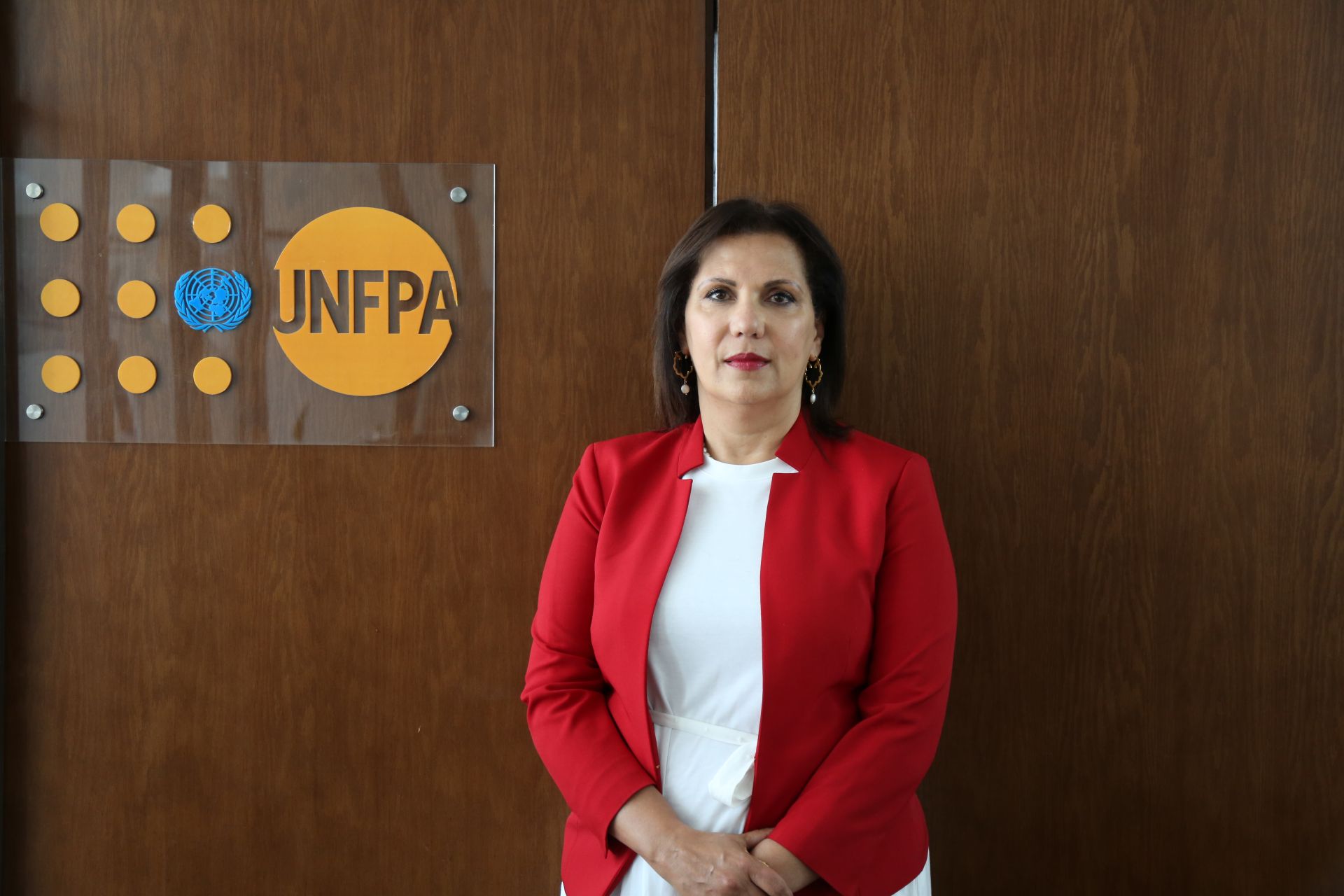
The Arab world is facing a quiet yet profound fertility crisis – not because people are having too many children, but because they are having too few and often no real choice.
The latest UNFPA State of World Population 2025 report, “The Real Fertility Crisis: The Pursuit of Reproductive Agency in a Changing World,” reveals a stark truth: millions of people want children but cannot have them due to economic pressures, gender inequalities, and systemic barriers. This is not about a rejection of parenthood – it is about choices being denied.
Across the region, declining birth rates are often framed as a demographic threat. Governments worry about ageing populations, shrinking workforces, and economic stagnation. But the UNFPA report exposes a deeper reality: the crisis is about the individual agency, not numbers. People are having fewer children – or none at all – not out of preference, but because of:
- Skyrocketing living costs, making housing, healthcare, and education unaffordable
- Job insecurity, particularly for youth facing unemployment or precarious work
- Gender inequalities, where women shoulder unpaid care work, lack childcare support, and face workplace discrimination if they become mothers
- Fear of the future, from climate anxiety to political instability, making young couples hesitant to bring children into an uncertain world
In some societies, these economic and social pressures collide with traditional expectations. Women face social coercion to marry and bear children early, yet once they do, they struggle with unequal caregiving burdens and limited career prospects. Meanwhile, men are expected to be sole breadwinners but increasingly find it difficult to secure stable incomes to support families. The result is a generation caught between societal expectations and economic impossibility.
This pressure is significant. In Morocco, for example, 20% of a survey respondents cited social pressures – from religion, community, or even health workers – as reasons for having more children than they desired.
Across the Arab world, where fertility is often tied to national identity, the conversation must shift from population targets to reproductive rights and real choices. What if everyone could decide freely when and how to grow their family, knowing their career would thrive alongside their choices? What if taking parental leave became a sign of strength and care, not stigma?
The report reveals that in Morocco, 18% of women faced restrictions in using a contraceptive method of their choice, and 20% experienced constraints in exercising their choice regarding
sexual relations. Similarly, 17% of men reported facing limitations in using a contraceptive method of their choice. Across the region, one in ten women who want to delay or avoid pregnancy are not using any contraception, reaching as high as 20–27% among married women in some countries.
The solution lies in policies that promote choice, not chance:
- Affordable childcare and parental leave to ease the burden on families and encourage shared parenting
- Housing and job security so young couples can plan their families unburdened
- Comprehensive reproductive healthcare, including fertility treatments, contraception, and safe abortion where legal
- Dismantling sexist norms that limit men and women in rigid roles, leaving both unfulfilled.
The UNFPA report reminds us that fertility is not destiny. People should shape their futures by choice, not chance or coercion. Arab states must recognize that the real crisis is not low or high birth rates, but the lack of freedom to choose. Only then can societies truly thrive.
The State of World Population 2025 report is a call to action: the future belongs to those who are given the opportunity to shape it.
Comments